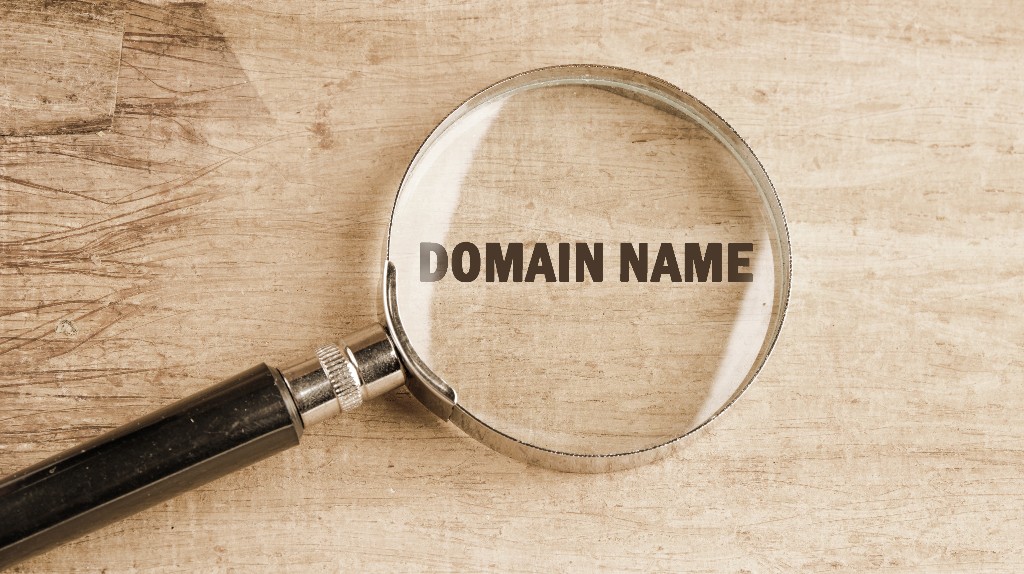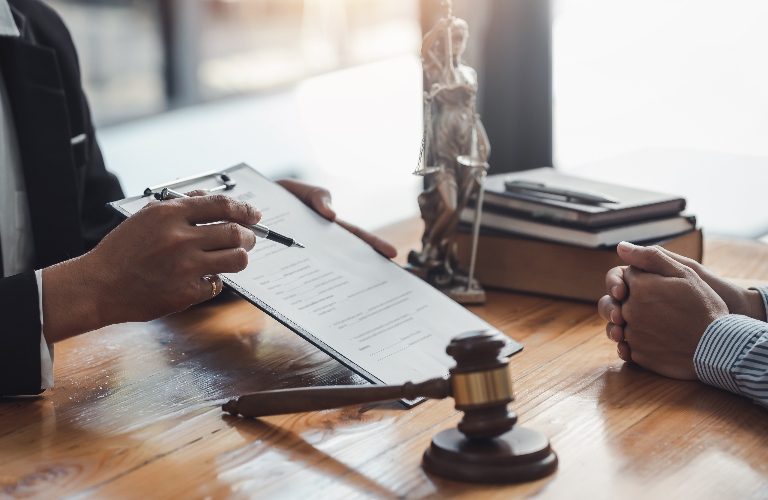
Getting domain names right is important for any business that wants to build a strong online presence. Your website’s domain name is the digital front door to your brand, and it shapes the first impression customers have when they search for you.
At the same time, poorly chosen or unmanaged domains can create real headaches. Two of the biggest risks are cybersquatting and brand dilution. If left unchecked, these issues can drain time, money, and customer trust.
Taking the right steps can prevent most issues before they start and protect your online brand.
What Is Cybersquatting?
Cybersquatting happens when someone registers a domain similar to your firm’s name or trademark. Many times, this is done in bad faith. They intend to make a profit out of your good name.
Sometimes the squatter tries to sell the domain back for a steep price. They often redirect traffic to competitors or sites filled with spam or harmful content.
That means your potential clients might stumble into the wrong place. If that site is misleading, it results in confusion, lost leads, and reputational damage.
How Does Brand Dilution Work?
Brand dilution is a bit more subtle. This happens when too many lookalike names and variations of your brand are floating around online. Even if they are not scams, the effect is the same. It can weaken your identity.
When clients cannot quickly distinguish your firm from imitators or off-brand versions, your hard-earned authority takes a hit.
How Does This Hurt Your Brand?
The risks tied to cybersquatting and brand dilution can cause real problems for you and your brand. They can have major consequences, such as:
- Customer confusion: People may struggle to find you or mistake a fake site as part of your bran.
- Lost sales: Remember that every misdirected click is potential revenue slipping away.
- Reputation damage: If someone with ill intent cybersquats or brand dilutes, they could associate your name with scams, malware, or inappropriate content.
- SEO impact: Along with that, competing domains and duplicate content can hurt your search engine ranking. That means losing opportunities to connect with your potential customers.
Fortunately, there are ways to protect yourself from these issues.
How to Stay One Step Ahead
The best defense against cybersquatting and brand dilution is to get ahead of the problem. One of the smartest moves any business can make is to secure the right domain names early.
Picking the right domain name is your first line of defense. You want something short, easy to spell, and clearly tied to your brand. Make sure to avoid numbers, hyphens, or unusual spellings that could confuse customers. Before you register, double-check trademarks and existing domains to reduce the risk of legal issues later.
Also, you may want to register your primary .com, and lock down other extensions like .net, .org, or industry-specific options such as .store or .travel. When you do this, you can prevent opportunists from swooping in and claiming them.
Another important step is trademarking your business name. While it requires an investment, a registered trademark gives you a stronger position if you need to take legal action against a cybersquatter. Plus, this sends a clear message that your brand is protected and not up for grabs.
What Happens If Someone Is Trying to Damage Your Brand?

Even with the best protections, issues can happen. If you notice a problem, acting quickly with any domain dispute can make a difference.
You or your lawyer may need to contact the domain registrar. Many registrars have processes for handling disputes and notifying them of the infringement can lead to a resolution.
However, when bad faith is clear or negotiations fail, you may need legal help. Intellectual property attorneys and lawyers experienced in internet law can take action through the appropriate legal channels, such as filing a claim under the Anticybersquatting Consumer Protection Act (ACPA) in the U.S. or pursuing a Uniform Domain Name Dispute Resolution Policy (UDRP) complaint.
Protect Your Brand and Reputation
Getting domain names right means protecting them from cybersquatting and brand dilution. Your domain name is part of your brand and your reputation. And if you want to protect your businesses, you need the help of an experienced intellectual property lawyer.
At Iconic Inc., we can help. Whether it is registering a trademark or monitoring your domain, we have the options for you. Reach out to schedule a consultation.
